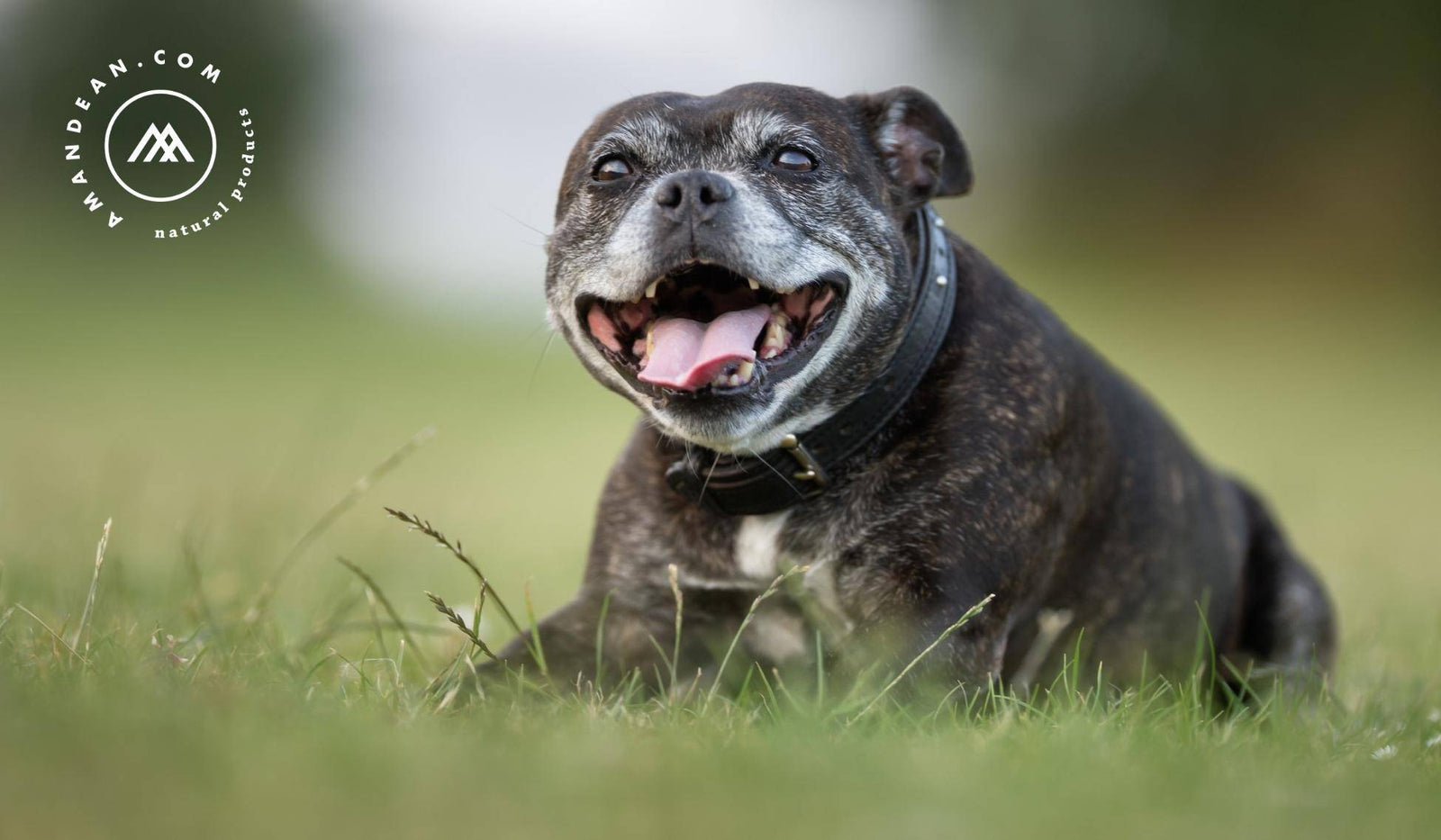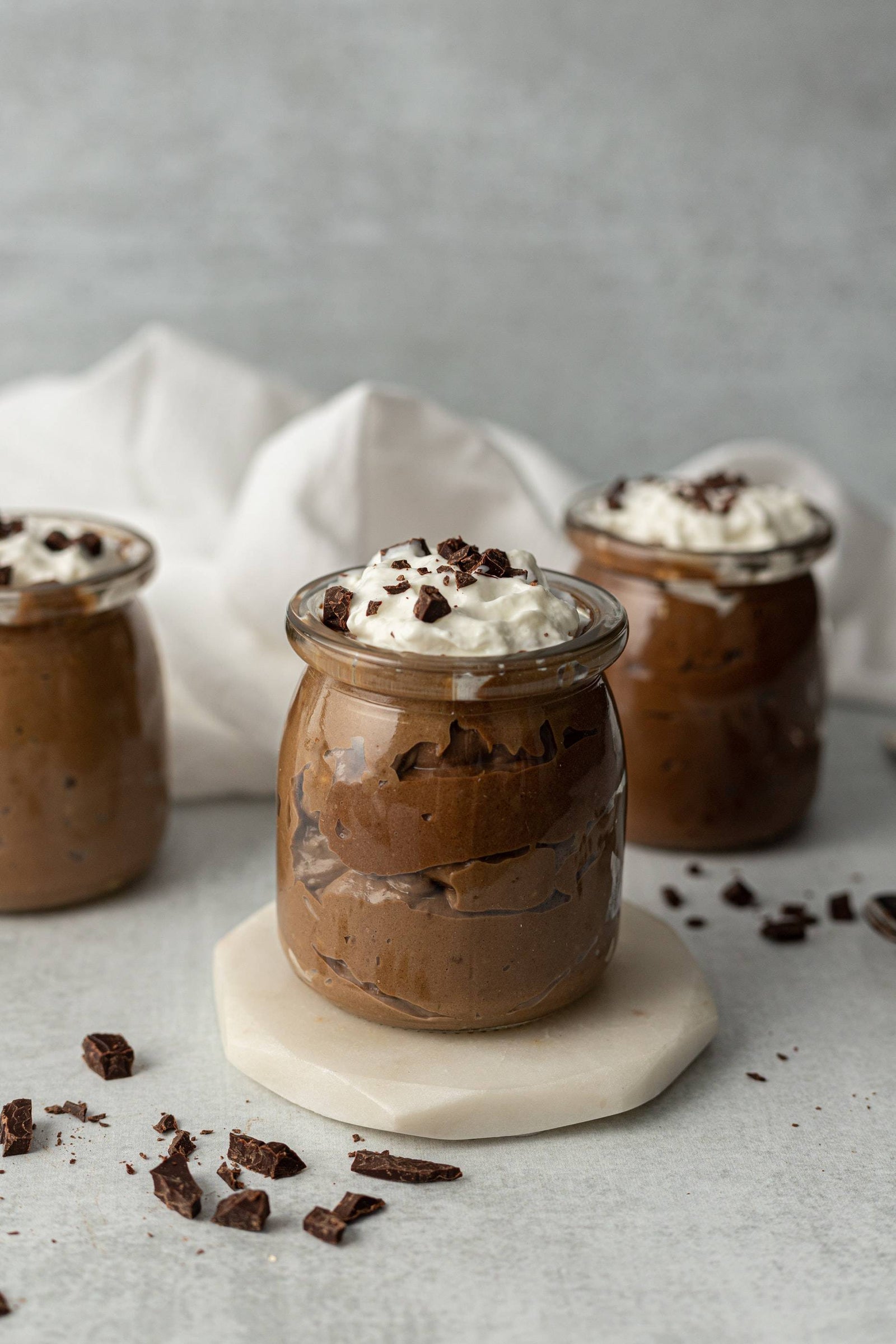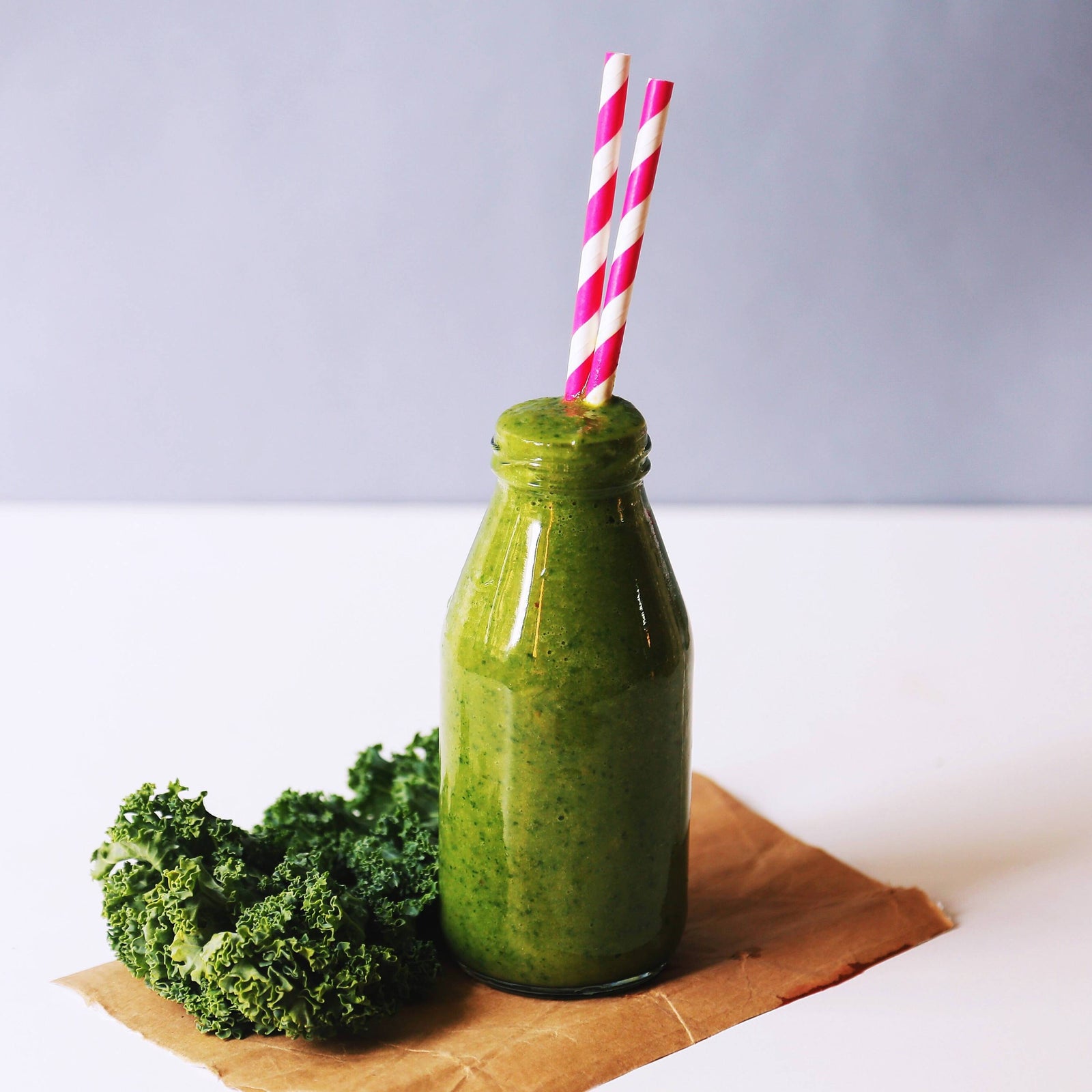Your Cart is Empty

January 03, 2022 4 min read
We may look different from the outside, but dog owners and their beloved pets have similar anatomy in many aspects. Collagen is a vital structural protein for both dogs and humans. It's found in the body's connective tissues and made up of amino acids bound in a triple helix, or a collagen helix.
Researchers have classified 28 types of collagen. These different forms of collagen are found in specific body structures and some of the most prevalent include:
Type I: found throughout the body.
Type II: primarily in ligaments and cartilage.
Type III: primarily in the gut and same locations as type I, but in smaller quantities.
Collagen is one of the most abundant proteins in mammals, and accounts for approximately 30% of total protein mass. Collagen is found in:

Dog collagen is the main structural protein determining the strength and elasticity of your pets connective tissue and is crucial for joint support, especially in older dogs. Maintaining adequate collagen levels impact a dog's hair, nails, teeth, bones, and skin health.
Like humans, dogs naturally lose collagen as they grow older since collagen production decreases over time. Your dog's diet may need a collagen boost for the following health benefits.
As dogs age, it's common for them to experience joint pain, arthritis, tendonitis, and degenerative disc disease. Many veterinarians will give medications like anti-inflammatories for these conditions, but a joint supplement like collagen can help your dog's body strengthen connective tissues and ligaments in joints to improve mobility and relieve pain.
Signs of osteoarthritis in pets may include:
Canine hip dysplasia (CHD) is a genetic disorder affecting a significant number of dogs. CHD is triggered by epigenetics, environmental factors, and diet. Dogs with this condition may be able to alleviate joint pain with supplements.
Your veterinarian can guide you on other supplements or pain-relievers that can alleviate your dog's joint pain. Options may include glucosamine, chondroitin, MSM, collagen, and omega-3 fatty acids.

A dog's dietary needs change with age. However, it's always essential for your dog to have a healthy digestive system in order to break down and absorb nutrients. Because it's a vital part of your dog's intestinal lining, collagen can help improve digestion and prevent conditions like leaky gut.
Your dog's skin can lose elasticity over time. While your furry friend may care less about wrinkles or crow's feet around the eyes, skin health is vital for other reasons. Adequate collagen impacts hair growth and coat health. A full, healthy coat means better protection and less itching and hair loss. Another one of the benefits of collagen is maintaining strong nails so they don't get brittle and crack.
Fortunately, collagen-rich foods will be naturally appealing to your dog's tastebuds since collagen is found in animal skin, bones, and hides that dogs naturally love to chew on.
Plant-based sources of collagen include leafy greens, beans, berries, and red and yellow vegetables. However, be careful not to feed your dog any foods that may be toxic for pets. Toxic foods include onion and garlic, which many people include in bone broth recipes.
For a simple adjustment to your pet's diet, try incorporating collagen chews or dog food and dog treats containing collagen. Also, remember that your pet can consume human collagen supplements.

The best forms of collagen supplements to add to your dog's food include:
Collagen is usually classified by its source. Bovine collagen is derived from cows and marine collagen is sourced from fish. These supplements give your dog high-quality protein that will benefit their joints, bones, muscles, and more.
Amandean offers two great collagen options free of toxins, pollutants, and heavy metals. The bovine collagen peptides are sourced from South American cattle that are pasture-raised and grass-fed. Amandean’s marine collagen is naturally sourced from North Atlantic wild-caught cod. Both forms of collagen are 100% natural, fat-free, gluten-free, and non-GMO. Collagen protein powders can be added to recipes for your canine.
Ingredients
Instructions
A few recipes to try out that incorporate collagen and gelatin include:
When giving your dog collagen, be sure to calculate the right amount for your dog's weight and breed. Your veterinarian can help you determine the best way to supplement your pet's diet with collagen.
-Stephanie Hodges, MS in Nutrition and Exercise Science

February 23, 2021 3 min read

November 10, 2020 5 min read

October 06, 2020 5 min read